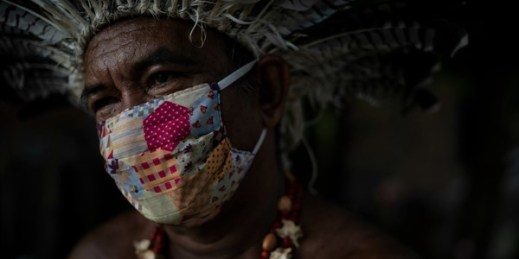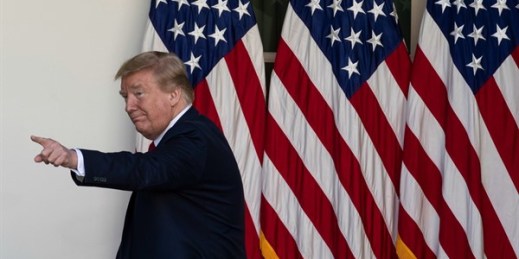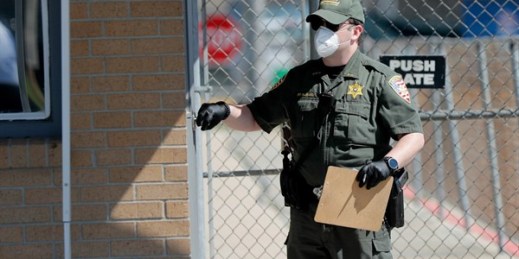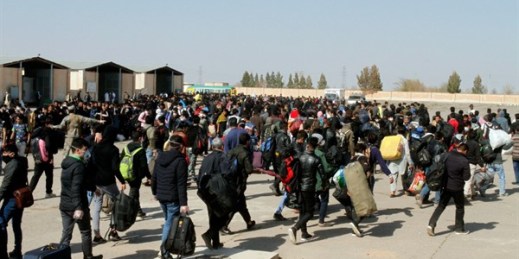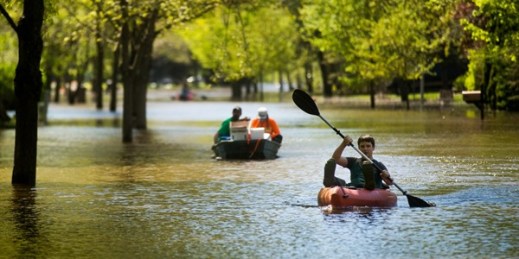
Historic floods washed over swaths of Michigan after a dam breach earlier this month, just days after a major typhoon struck the Philippines. Last week, Cyclone Amphan slammed into eastern India and Bangladesh, killing dozens of people. And the National Oceanic and Atmospheric Administration is predicting a busier-than-normal Atlantic hurricane season, which officially kicks off on June 1. The timing, obviously, couldn’t be worse. For this week’s interview on Trend Lines, WPR’s Elliot Waldman is joined by Samantha Montano, an assistant professor of emergency management at Massachusetts Maritime Academy, for a conversation about the challenges of preparing for, and responding […]


